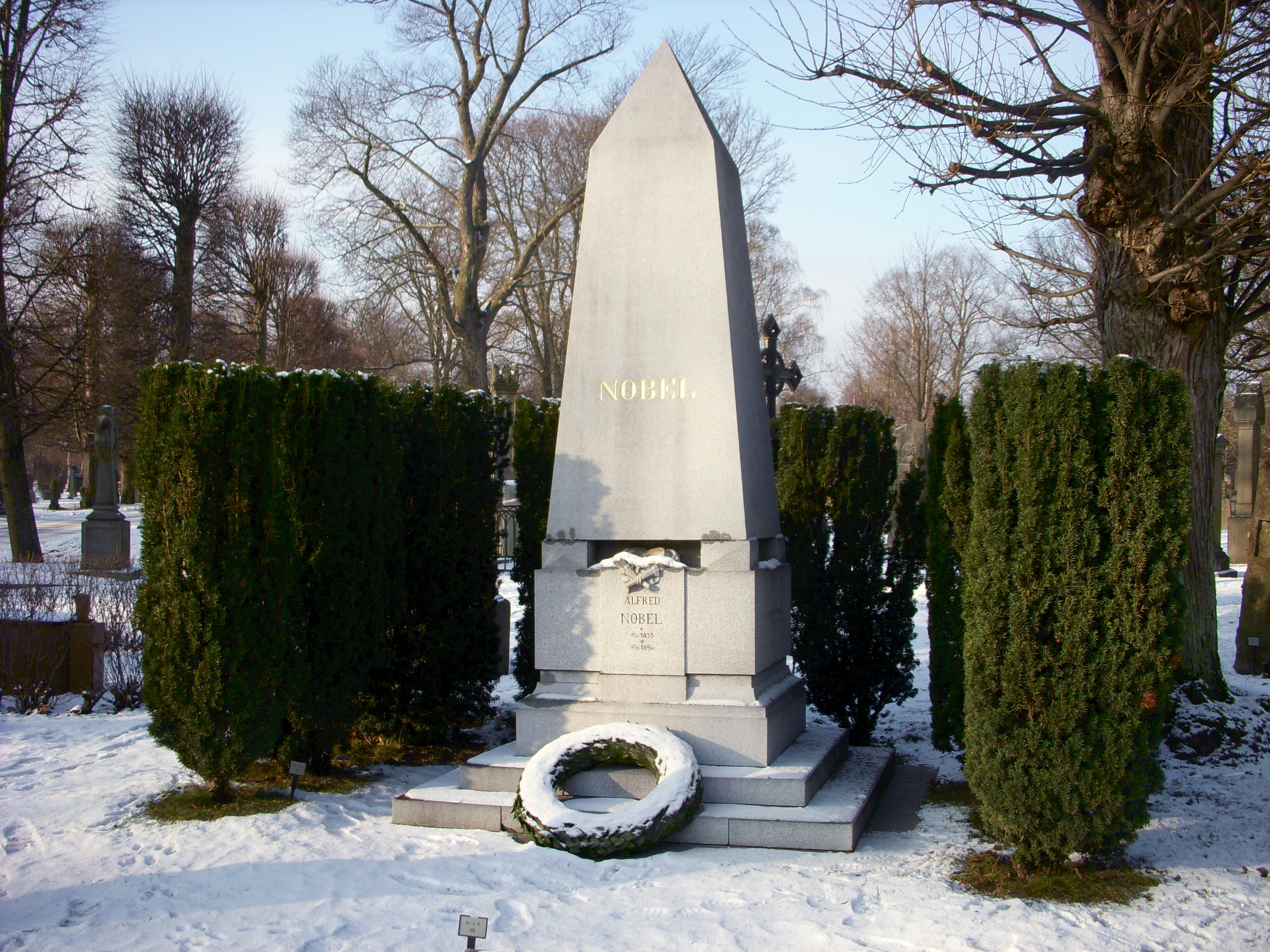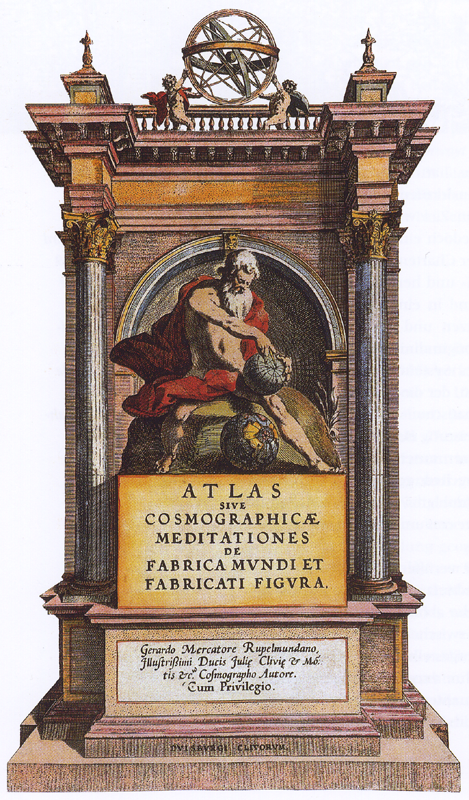|
Fridtjuv Berg
Johan Fridtjuv Berg (20 March 1851 – 29 February 1916) was a Swedish school teacher, author, and politician (liberal); he was Minister of Education from 1905 to 1906 and 1911 to 1914 and Member of Parliament from 1891 to 1916. Berg was the son of educator and father of historian and artist . Biography Johan Fridtjuv Berg was born 20 March 1851 in Ödeshögs parish, Östergötland county, Sweden. Berg's father had been a principal at a school in Finspång since 1851. Berg succeeded him in 1878 and remained in the post until 1881. In 1883, Berg wrote the book ('The Folk School as a Basic School') in which he advocated a school system where there was only one type of school for all social classes. Berg was a Member of Parliament (Riksdag) in the second chamber for the city of Stockholm from 1891 to 1911 and for Stockholm's first constituency from 1912 to 1916. In parliament, he belonged to the ('Old Party of the Rural People') from 1891 to 1894, but in 1895 he helped to fo ... [...More Info...] [...Related Items...] OR: [Wikipedia] [Google] [Baidu] |
Norra Begravningsplatsen
Norra begravningsplatsen, literally "The Northern Cemetery" in Swedish, is a major cemetery of the Stockholm urban area, located in Solna Municipality. Inaugurated on 9 June 1827, it is the burial site for a number of Swedish notables. Notable interments *Salomon August Andrée (1854–1897), polar explorer *Klas Pontus Arnoldson (1844–1916), Nobel laureate in Peace *Kurt Atterberg (1887–1974), composer *Barbro Bäckström (1939–1990), sculptor *Ingrid Bergman (1915–1982), actress *Bo Bergman (1869–1967), author, poet and lyricist *Estelle Bernadotte, Estelle Bernadotte ''née Manville (1904–1984), American–Swedish countess *Folke Bernadotte (1895–1948), diplomat *Franz Berwald (1796–1868), classical composer *Arne Beurling (1905-1986), mathematician, professor of mathematics *Ulla Billquist (1907–1946), singer *Ulf Björlin (1933–1993), conductor and composer *August Blanche (1811–1868), writer, publicist and politician *Rosa Carlén, Catharina Rosaura ... [...More Info...] [...Related Items...] OR: [Wikipedia] [Google] [Baidu] |
National Archives Of Sweden
, nativename_a = , nativename_r = , seal = Riksarkivet_myndighetsvapen_-_Riksarkivet_Sverige.png , seal_width = 150 , seal_caption = , logo = , logo_width = , logo_caption = , picture = , picture_width = , picture_caption = , formed = , preceding1 = , preceding2 = , dissolved = , superseding = , agency_type = , jurisdiction = Government of Sweden , headquarters = Stockholm, Sweden , coordinates = , motto = , employees = , budget = , minister1_name = Jeanette Gustafsdotter , minister1_pfo = Ministry of Culture , minister2_name = , minister2_pfo = , deputyminister1_name = , deputyminister1_pfo = , deputyminister2_name = , deputyminister2_pfo = , chief1_name = , chief1_position = , chief2_name = , chief2_position = , parent_department = , parent_agency = , child1_agency = , chil ... [...More Info...] [...Related Items...] OR: [Wikipedia] [Google] [Baidu] |
19th-century Swedish Educators
The 19th (nineteenth) century began on 1 January 1801 ( MDCCCI), and ended on 31 December 1900 ( MCM). The 19th century was the ninth century of the 2nd millennium. The 19th century was characterized by vast social upheaval. Slavery was abolished in much of Europe and the Americas. The First Industrial Revolution, though it began in the late 18th century, expanding beyond its British homeland for the first time during this century, particularly remaking the economies and societies of the Low Countries, the Rhineland, Northern Italy, and the Northeastern United States. A few decades later, the Second Industrial Revolution led to ever more massive urbanization and much higher levels of productivity, profit, and prosperity, a pattern that continued into the 20th century. The Islamic gunpowder empires fell into decline and European imperialism brought much of South Asia, Southeast Asia, and almost all of Africa under colonial rule. It was also marked by the collapse of the la ... [...More Info...] [...Related Items...] OR: [Wikipedia] [Google] [Baidu] |
Burials At Norra Begravningsplatsen
Burial, also known as interment or inhumation, is a method of final disposition whereby a dead body is placed into the ground, sometimes with objects. This is usually accomplished by excavating a pit or trench, placing the deceased and objects in it, and covering it over. A funeral is a ceremony that accompanies the final disposition. Humans have been burying their dead since shortly after the origin of the species. Burial is often seen as indicating respect for the dead. It has been used to prevent the odor of decay, to give family members closure and prevent them from witnessing the decomposition of their loved ones, and in many cultures it has been seen as a necessary step for the deceased to enter the afterlife or to give back to the cycle of life. Methods of burial may be heavily ritualized and can include natural burial (sometimes called "green burial"); embalming or mummification; and the use of containers for the dead, such as shrouds, coffins, grave liners, and b ... [...More Info...] [...Related Items...] OR: [Wikipedia] [Google] [Baidu] |
1916 Deaths
Events Below, the events of the First World War have the "WWI" prefix. January * January 1 – The British Empire, British Royal Army Medical Corps carries out the first successful blood transfusion, using blood that had been stored and cooled. * January 9 – WWI: Gallipoli Campaign: The last British troops are evacuated from Gallipoli, as the Ottoman Empire prevails over a joint British and French operation to capture Constantinople. * January 10 – WWI: Erzurum Offensive: Russia defeats the Ottoman Empire. * January 12 – The Gilbert and Ellice Islands Colony, part of the British Empire, is established in present-day Tuvalu and Kiribati. * January 13 – WWI: Battle of Wadi (1916), Battle of Wadi: Ottoman Empire forces defeat the British, during the Mesopotamian campaign in modern-day Iraq. * January 29 – WWI: Paris is bombed by German Empire, German zeppelins. * January 31 – WWI: An attack is planned on Verdun, France. February * ... [...More Info...] [...Related Items...] OR: [Wikipedia] [Google] [Baidu] |
1851 Births
Events January–March * January 11 – Hong Xiuquan officially begins the Taiping Rebellion. * January 15 – Christian Female College, modern-day Columbia College, receives its charter from the Missouri General Assembly. * January 23 – The flip of a coin, subsequently named Portland Penny, determines whether a new city in the Oregon Territory is named after Boston, Massachusetts, or Portland, Maine, with Portland winning. * January 28 – Northwestern University is founded in Illinois. * February 1 – ''Brandtaucher'', the oldest surviving submersible craft, sinks during acceptance trials in the German port of Kiel, but the designer, Wilhelm Bauer, and the two crew escape successfully. * February 6 – Black Thursday in Australia: Bushfires sweep across the state of Victoria, burning about a quarter of its area. * February 12 – Edward Hargraves claims to have found gold in Australia. * February 15 – In Boston ... [...More Info...] [...Related Items...] OR: [Wikipedia] [Google] [Baidu] |
Norra Begravningsplatsen
Norra begravningsplatsen, literally "The Northern Cemetery" in Swedish, is a major cemetery of the Stockholm urban area, located in Solna Municipality. Inaugurated on 9 June 1827, it is the burial site for a number of Swedish notables. Notable interments *Salomon August Andrée (1854–1897), polar explorer *Klas Pontus Arnoldson (1844–1916), Nobel laureate in Peace *Kurt Atterberg (1887–1974), composer *Barbro Bäckström (1939–1990), sculptor *Ingrid Bergman (1915–1982), actress *Bo Bergman (1869–1967), author, poet and lyricist *Estelle Bernadotte, Estelle Bernadotte ''née Manville (1904–1984), American–Swedish countess *Folke Bernadotte (1895–1948), diplomat *Franz Berwald (1796–1868), classical composer *Arne Beurling (1905-1986), mathematician, professor of mathematics *Ulla Billquist (1907–1946), singer *Ulf Björlin (1933–1993), conductor and composer *August Blanche (1811–1868), writer, publicist and politician *Rosa Carlén, Catharina Rosaura ... [...More Info...] [...Related Items...] OR: [Wikipedia] [Google] [Baidu] |
Atlas Akademi
An atlas is a collection of maps; it is typically a bundle of maps of Earth or of a region of Earth. Atlases have traditionally been bound into book form, but today many atlases are in multimedia formats. In addition to presenting geographic features and political boundaries, many atlases often feature geopolitical, social, religious and economic statistics. They also have information about the map and places in it. Etymology The use of the word "atlas" in a geographical context dates from 1595 when the German-Flemish geographer Gerardus Mercator published ("Atlas or cosmographical meditations upon the creation of the universe and the universe as created"). This title provides Mercator's definition of the word as a description of the creation and form of the whole universe, not simply as a collection of maps. The volume that was published posthumously one year after his death is a wide-ranging text but, as the editions evolved, it became simply a collection of maps and it i ... [...More Info...] [...Related Items...] OR: [Wikipedia] [Google] [Baidu] |
Temperance Movement
The temperance movement is a social movement promoting temperance or complete abstinence from consumption of alcoholic beverages. Participants in the movement typically criticize alcohol intoxication or promote teetotalism, and its leaders emphasize alcohol's negative effects on people's health, personalities and family lives. Typically the movement promotes alcohol education and it also demands the passage of new laws against the sale of alcohol, either regulations on the availability of alcohol, or the complete prohibition of it. During the 19th and early 20th centuries, the temperance movement became prominent in many countries, particularly in English-speaking, Scandinavian, and majority Protestant ones, and it eventually led to national prohibitions in Canada (1918 to 1920), Norway (spirits only from 1919 to 1926), Finland (1919 to 1932), and the United States (1920 to 1933), as well as provincial prohibition in India (1948 to present). A number of temperance organi ... [...More Info...] [...Related Items...] OR: [Wikipedia] [Google] [Baidu] |
Parliamentary Sovereignty
Parliamentary sovereignty, also called parliamentary supremacy or legislative supremacy, is a concept in the constitutional law of some parliamentary democracies. It holds that the legislative body has absolute sovereignty and is supreme over all other government institutions, including executive or judicial bodies. It also holds that the legislative body may change or repeal any previous legislation and so it is not bound by written law (in some cases, not even a constitution) or by precedent. In some countries, parliamentary sovereignty may be contrasted with separation of powers, which limits the legislature's scope often to general law-making and makes it subject to external judicial review, where laws passed by the legislature may be declared invalid in certain circumstances. Many states have sovereign legislatures, including the United Kingdom, New Zealand, the Netherlands, Sweden, Norway, Denmark, Finland, Iceland, Barbados, Jamaica, Papua New Guinea, the Solomon Islands, ... [...More Info...] [...Related Items...] OR: [Wikipedia] [Google] [Baidu] |






